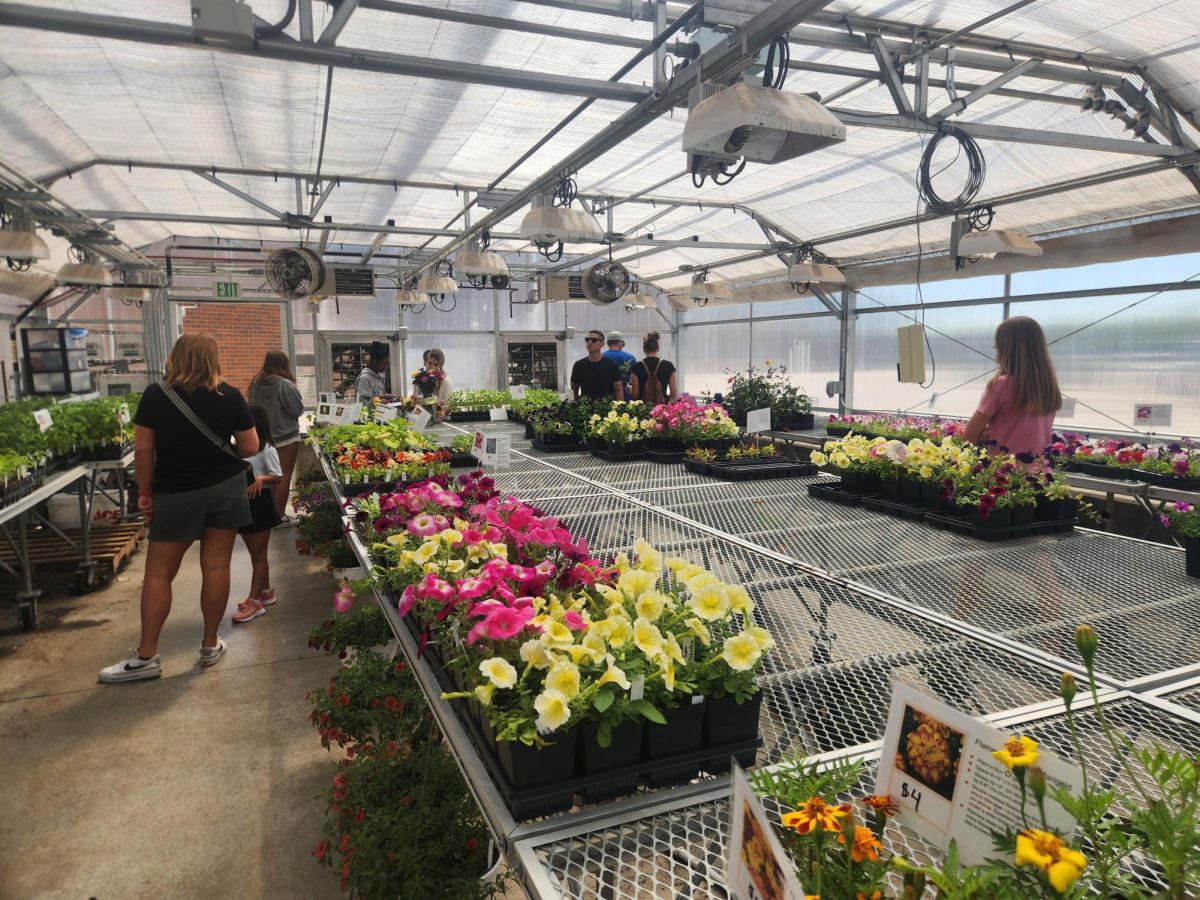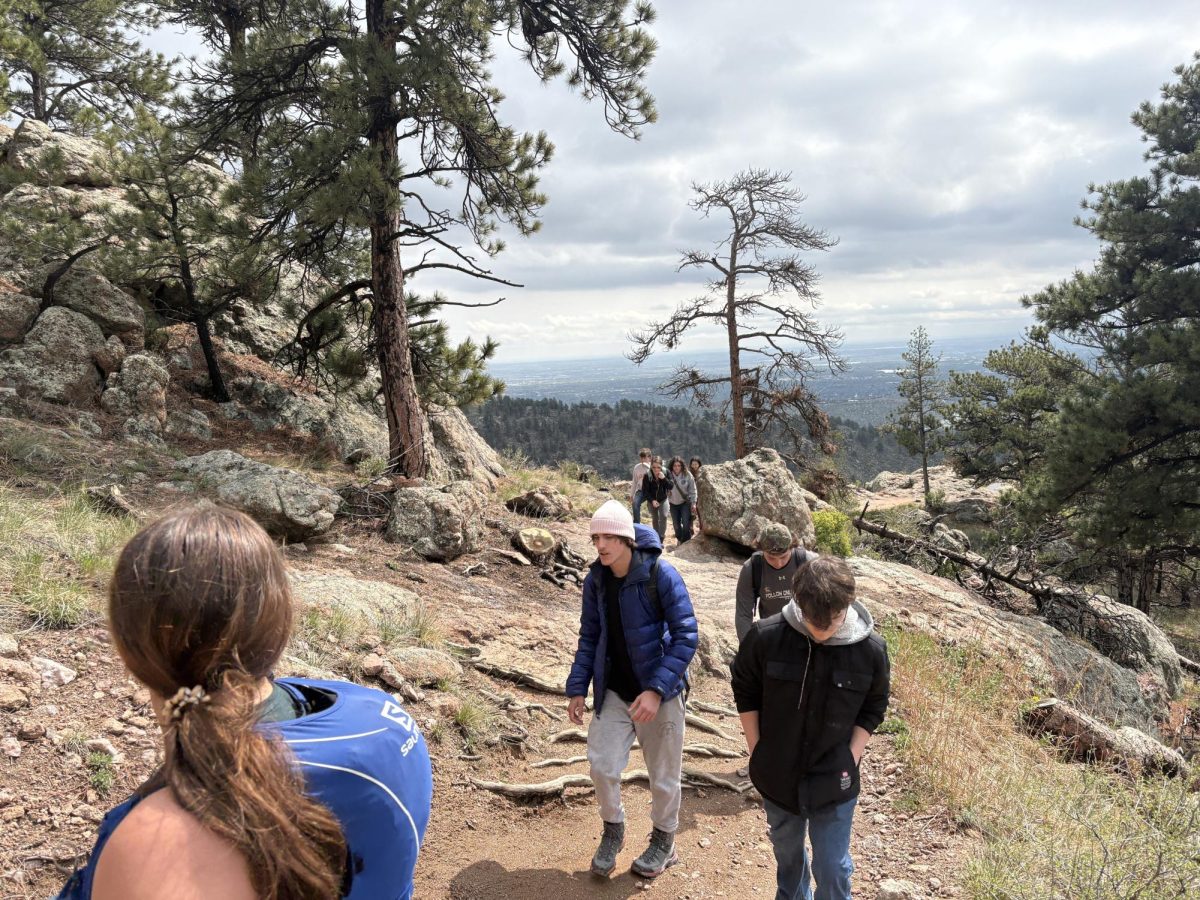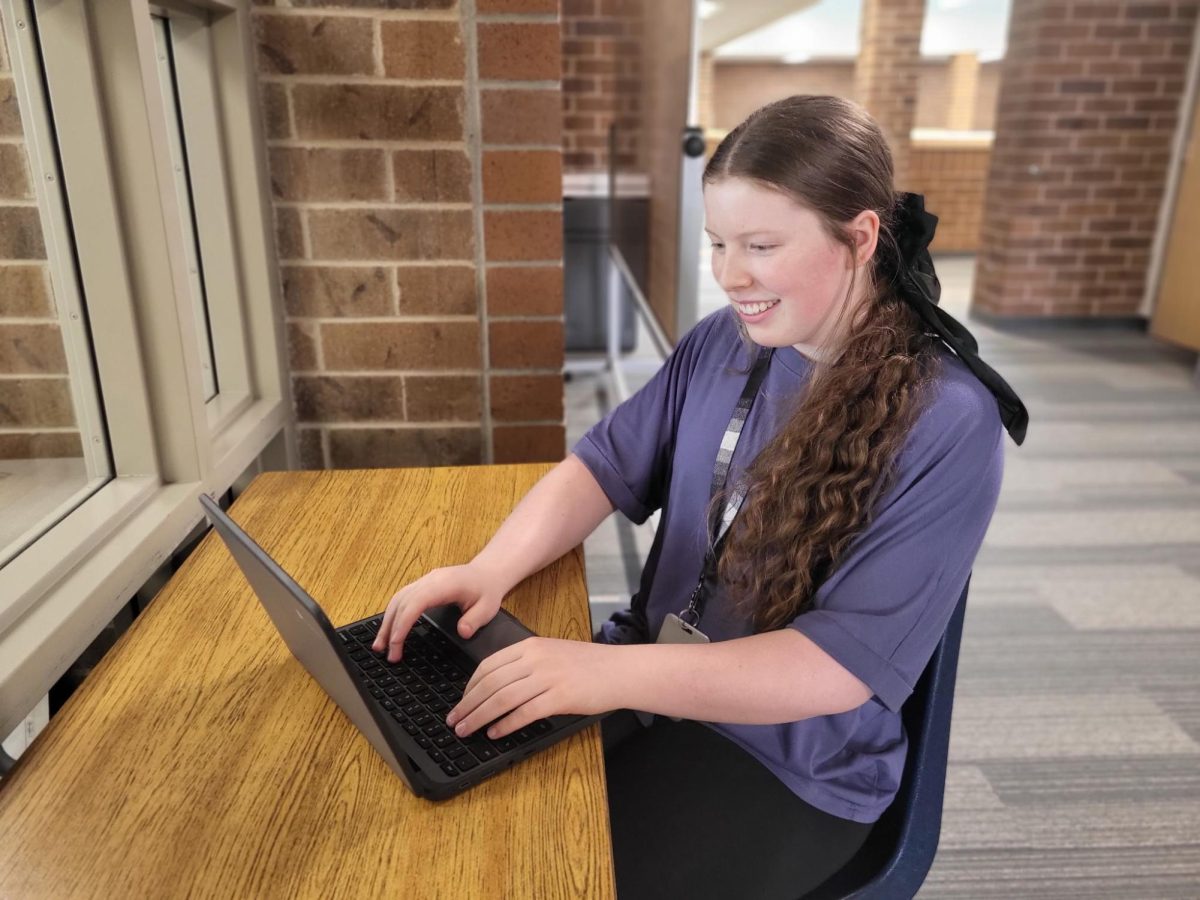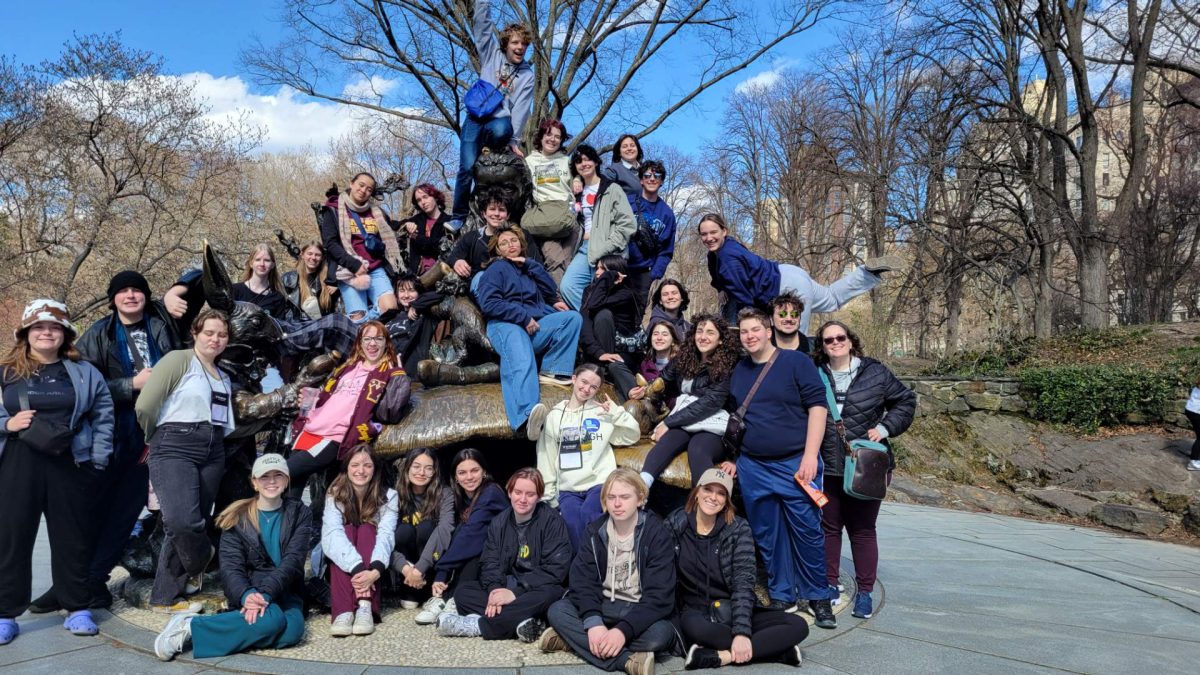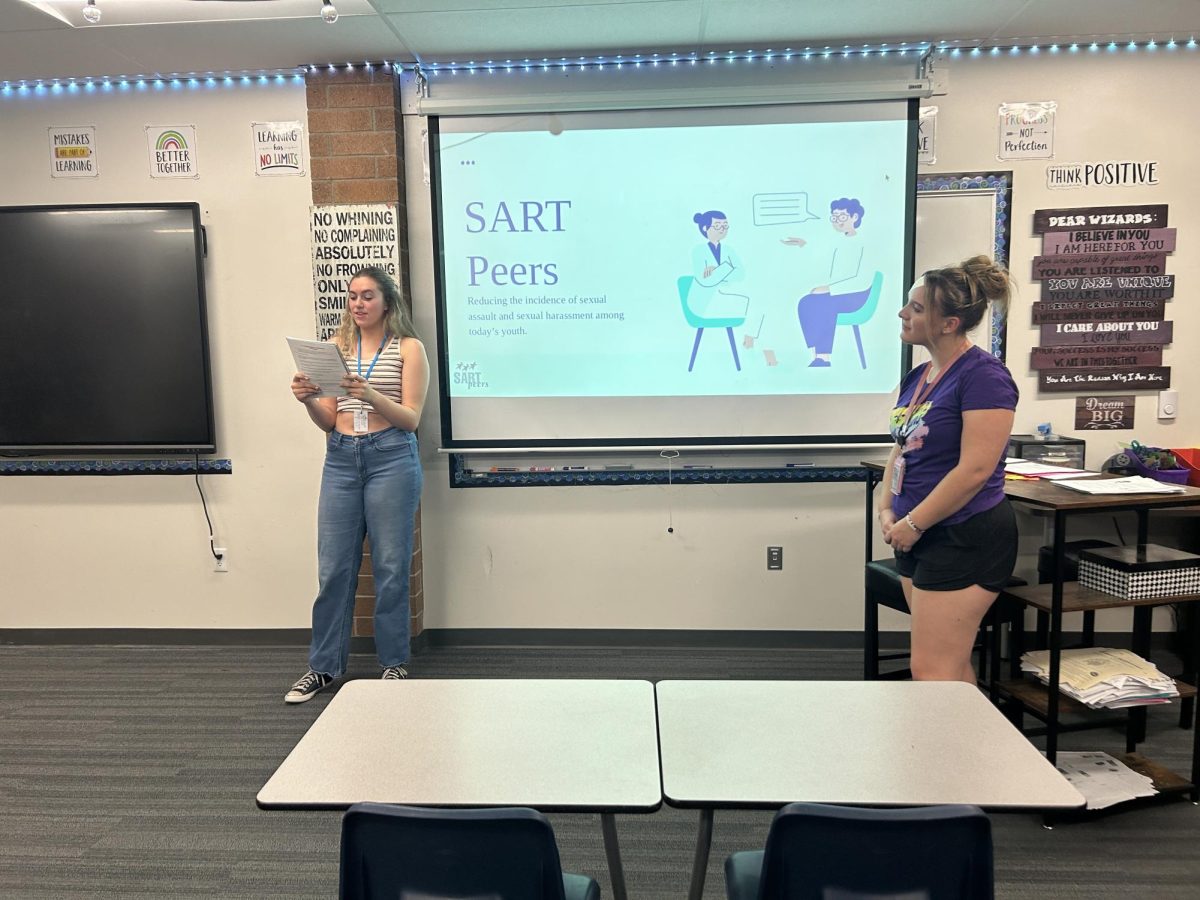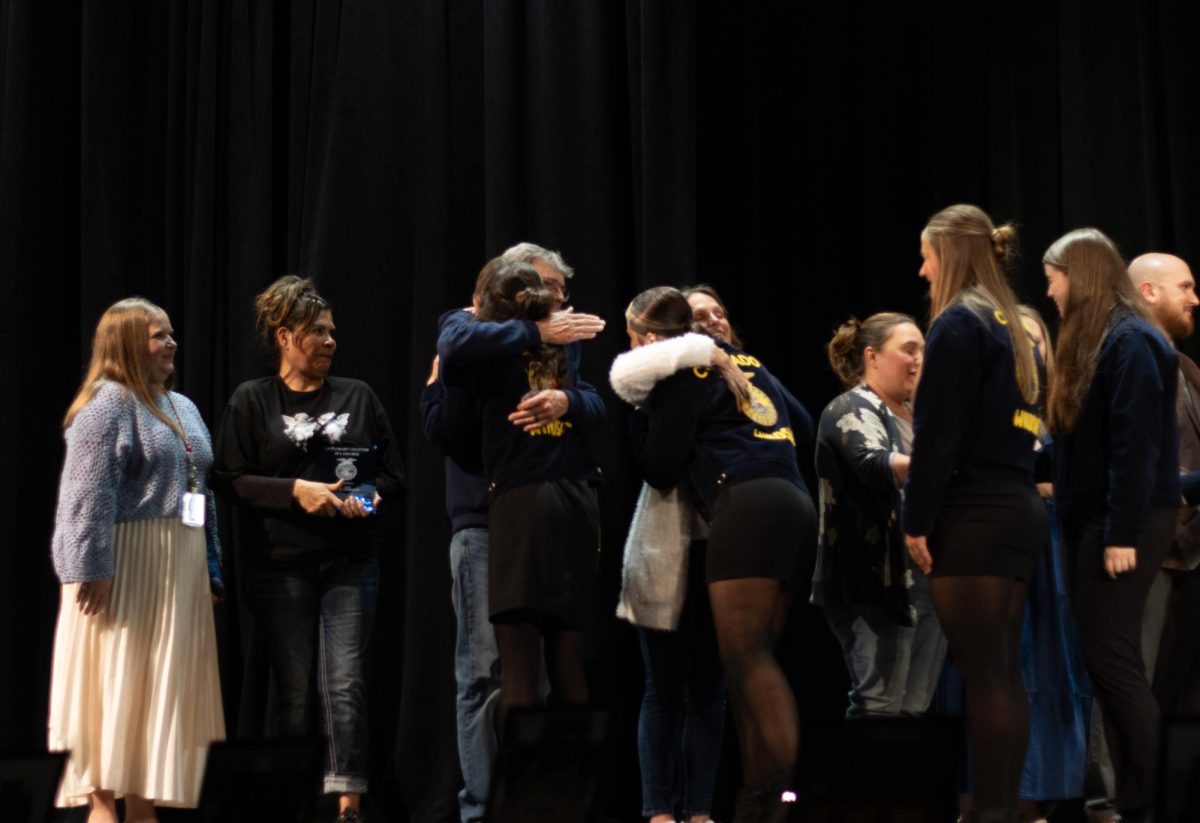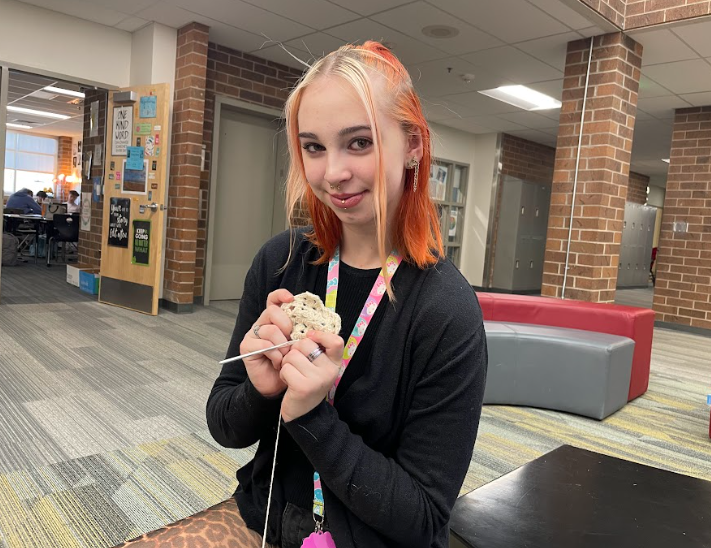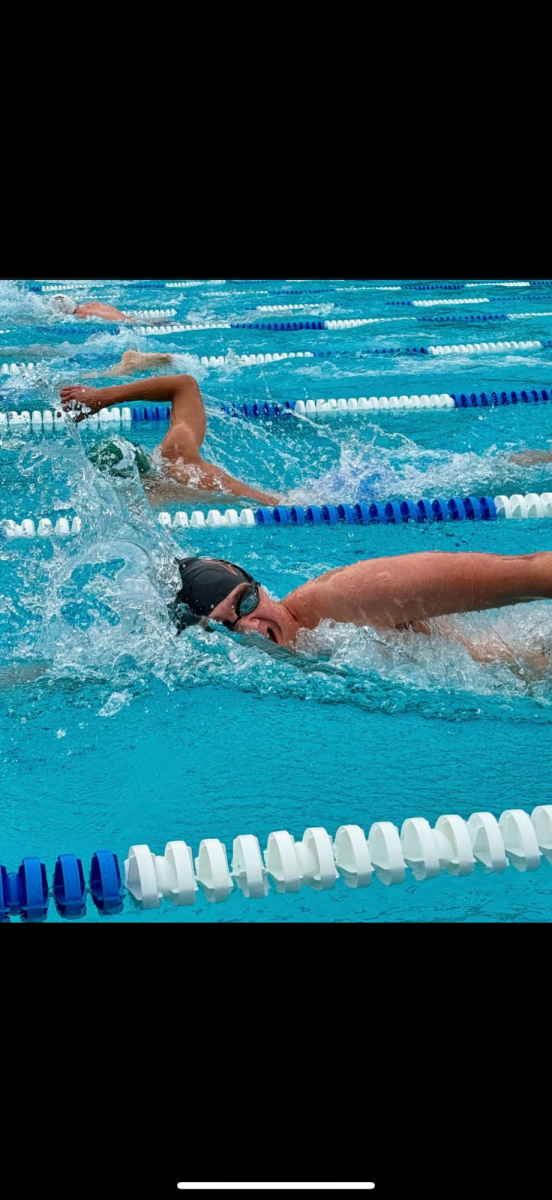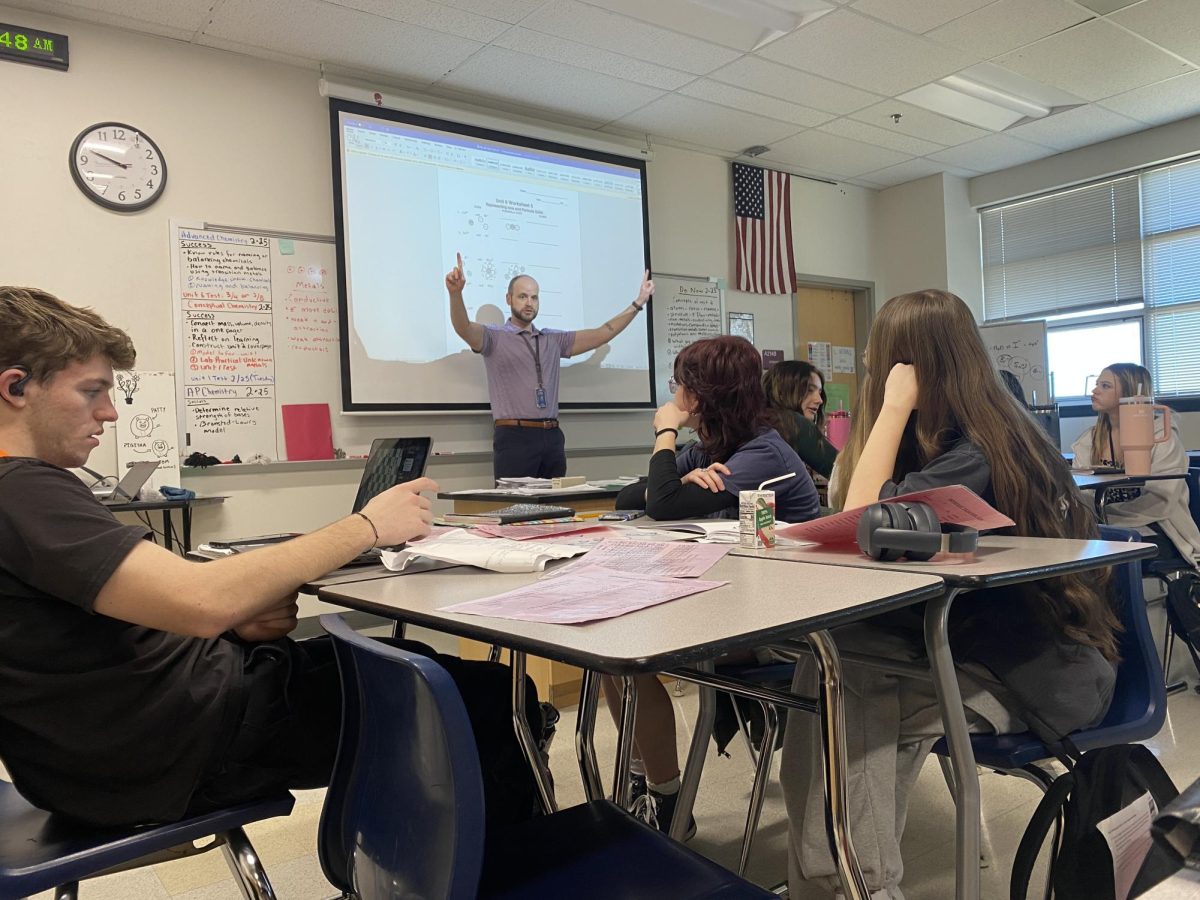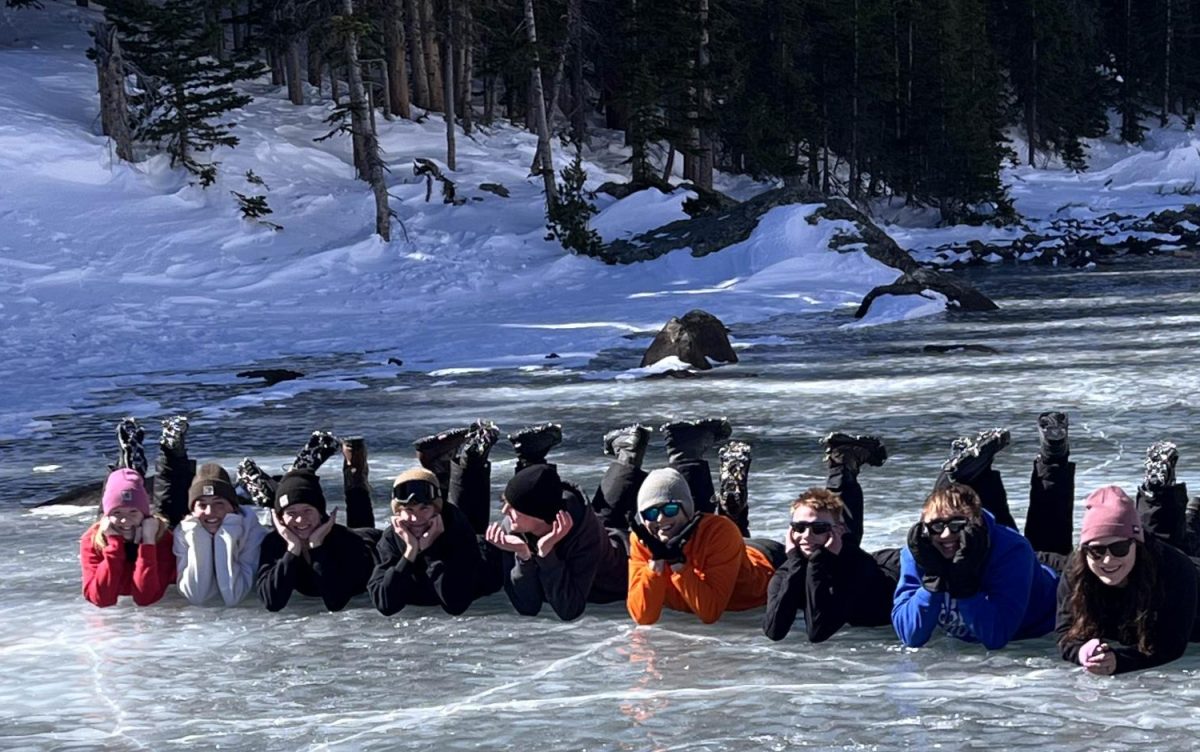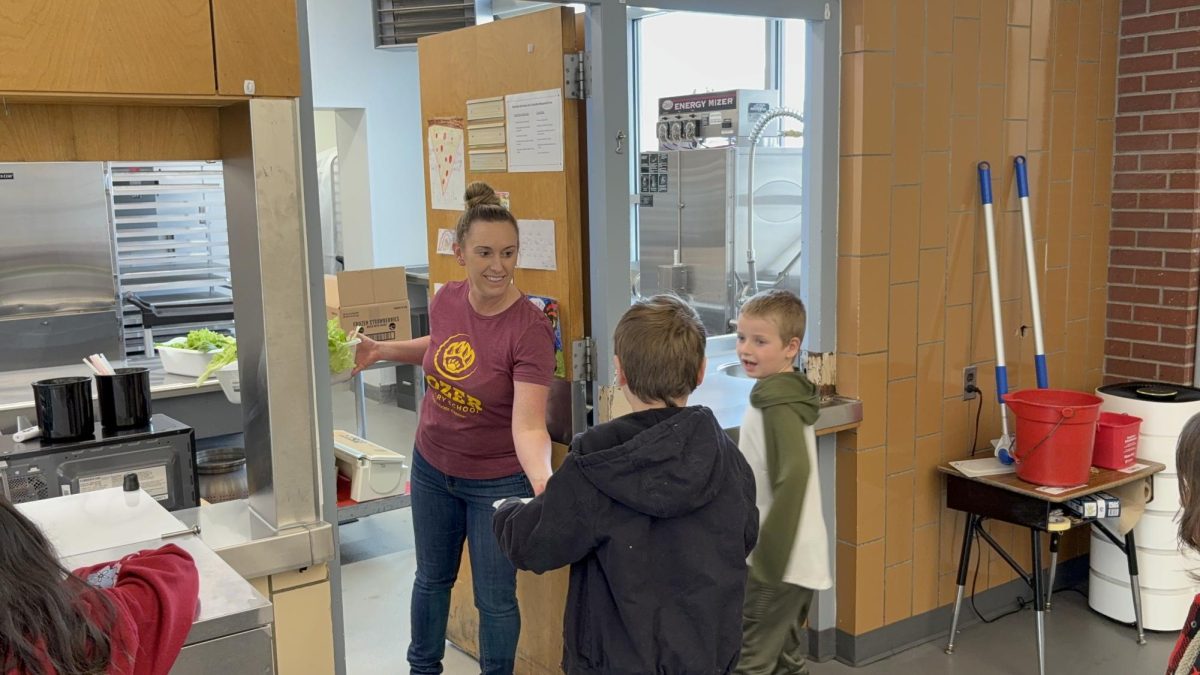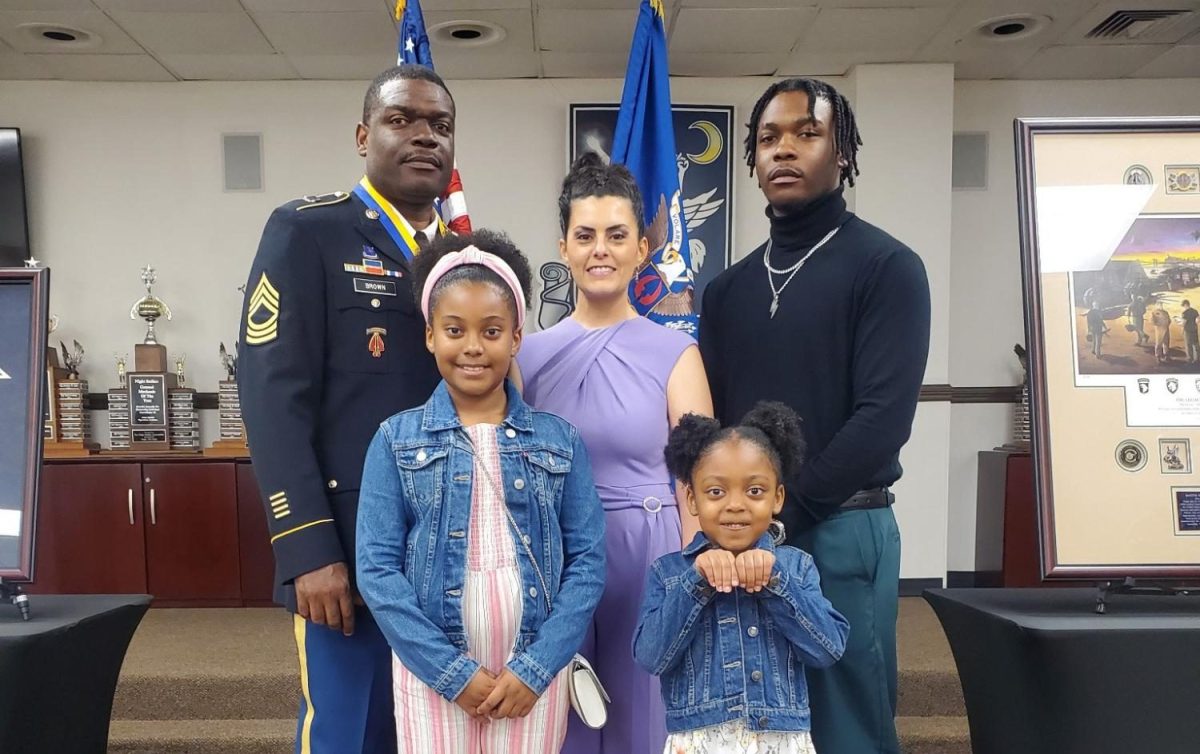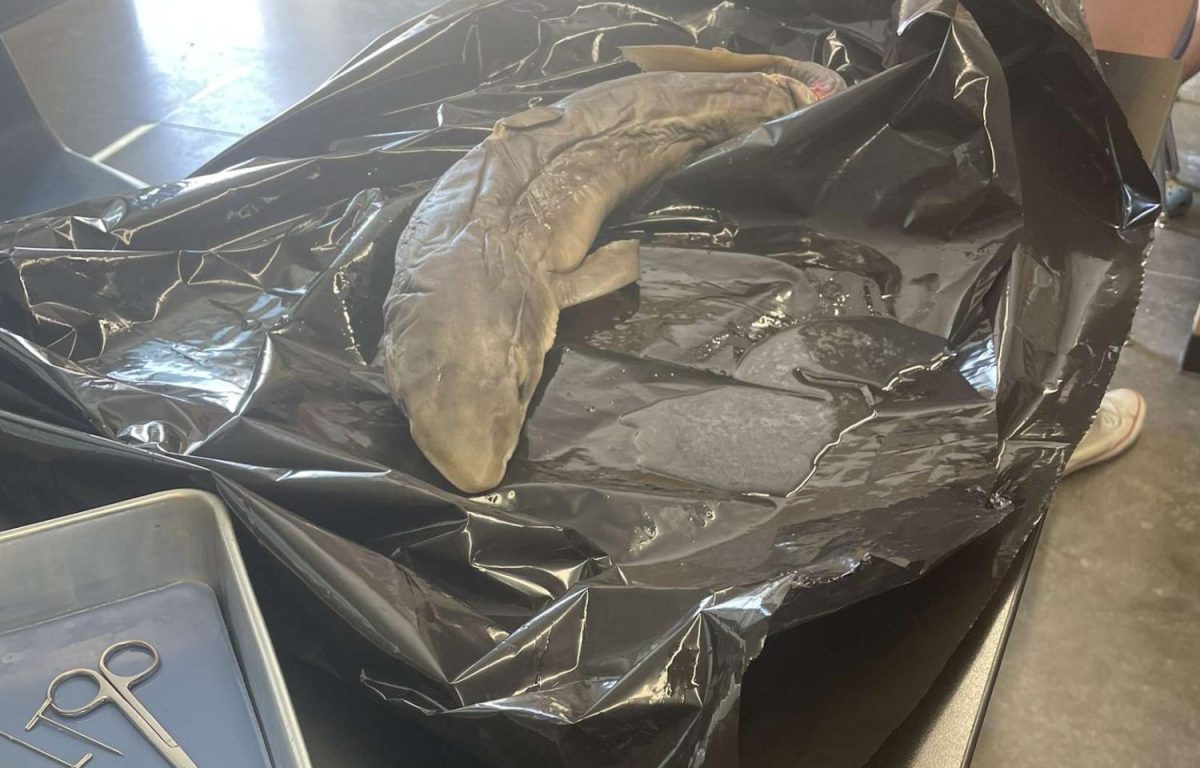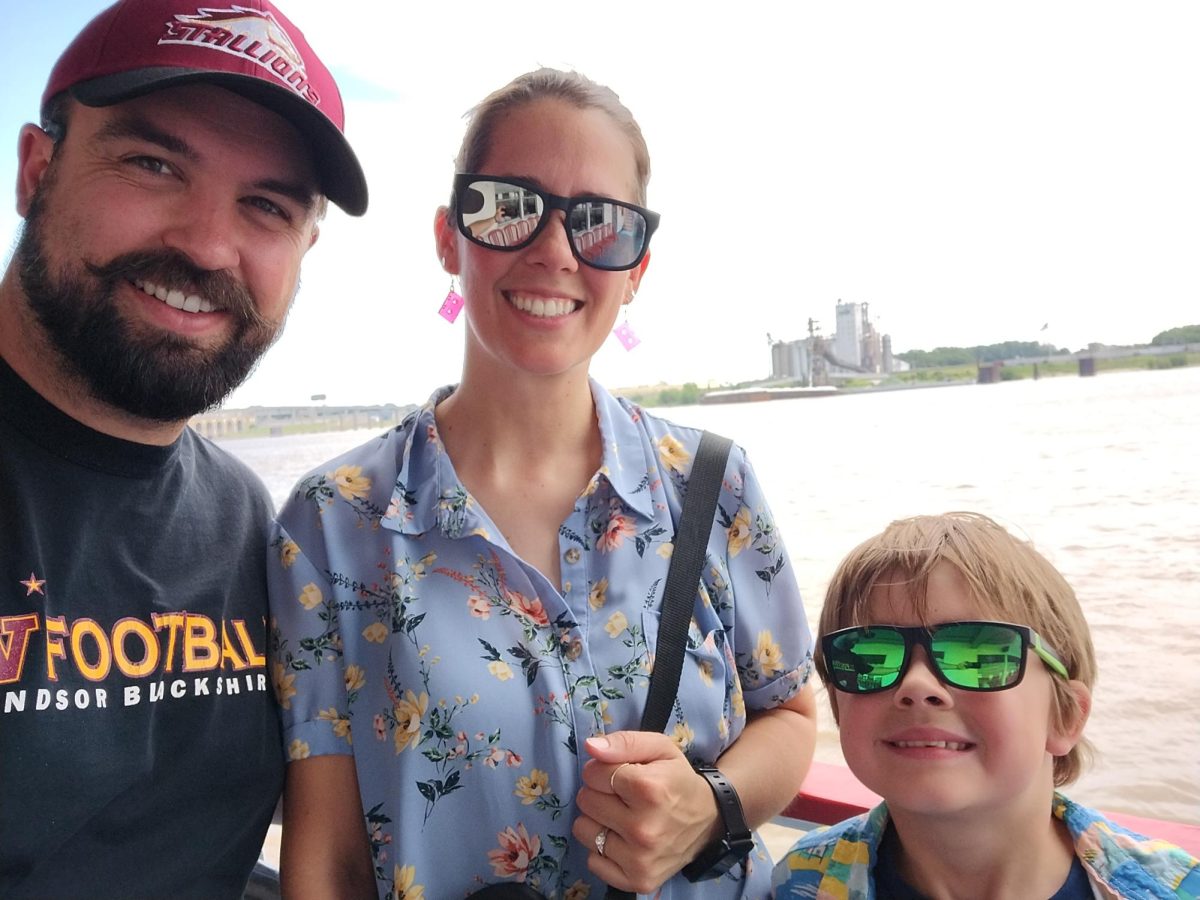The vet science class has had a lot of hands-on experiences, but last week they took it a step further and brought sharks into the classroom for students to dissect. The students were split into groups of three and were given their shark.
Although dissection is fun, they did have to go through a packet before hand so that they knew the parts of the shark so that they could get the learning opportunity they needed. After two class periods of working on the basics of the shark anatomy, the students were prepared for the dissection.
After students’ preparation period was done, the agriculture teachers for the vet classes — Jordan Smeby (staff) and Shannon Baylie (staff) — brought the sharks in for their students. The sharks used were dogfish sharks, so they weren’t very big.
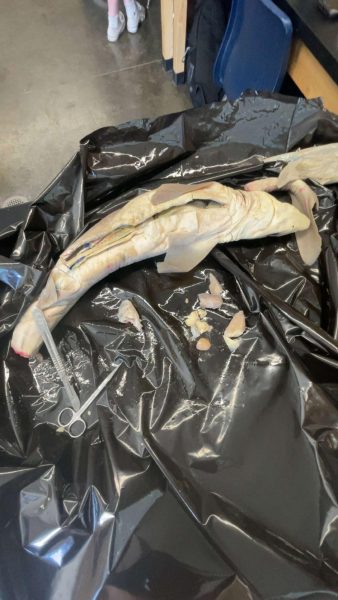
Smeby helped her specific small class get through this dissection and watched her students excel and learn. Smeby said, “They had a lot of fun and learned a lot for the dissection so it was fun getting to watch that.”
Once the students got comfortable with the sharks, the class started to have a fun and interactive learning experience. This was a good way of showing how dissections can be a safe and humane way to learn about the different systems in different animals.
Once the students got comfortable with the idea of sharks and got the hang of the dissection, they were able to find some pretty interesting aspects, including even finding babies in the shark. Caeli Wright (10) participated in this learning opportunity. She said, “The shark dissection was amazing. It was super smelly, but overall it was a great experience.”
Although the vet science class has had many fun and hands-on activities for the students, the shark dissection seemed to catch the eye of multiple students who are not in agricultural classes. While preparing for the activity since this is her first year of doing it as a brand new teacher, Smeby said, “On the day of we make sure to set up so we can keep the classroom as clean as possible, and then we get started with the dissection.”
The vet science class has helped a lot of students get the hands-on experience they need to see if being a veterinarian is their path, and the shark dissection was a great way for students to get into something a little bit more serious if the veterinarian path is the what they want to pursue. Overall the agriculture department loved this project in the past and hopes to continue this learning experience with upcoming students as well.







